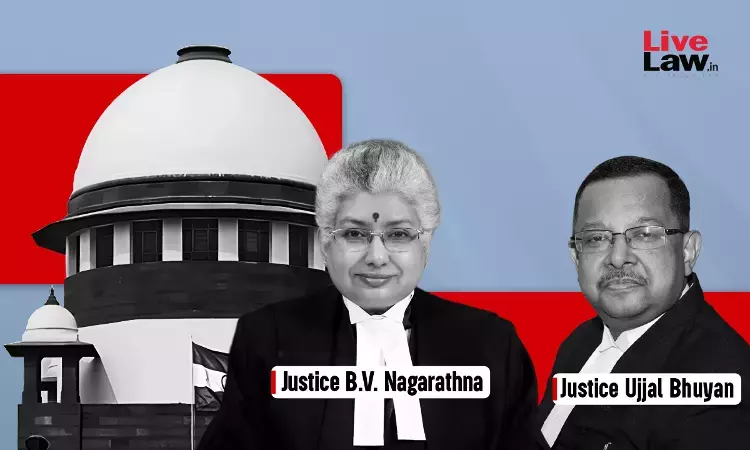The Supreme Court recently declined to club multiple FIRs where the offenses against the petitioner involved not only provisions of the Indian Penal Code(IPC) but also invoked various state enactments designed to protect investors. Each state had designated special courts for these offenses, making clubbing of FIRs challenging, as it would undermine the jurisdiction of these...

